News
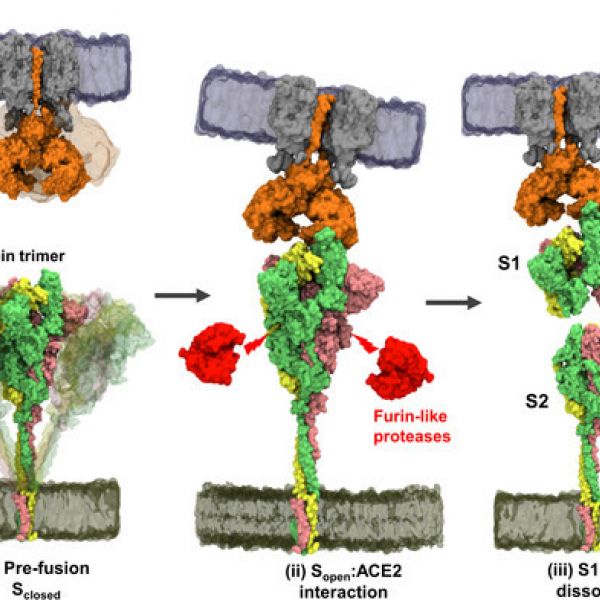
Feb 23, 2021
Researchers discover potential therapeutic targets on SARS-CoV-2 Spike protein
The COVID-19 pandemic has prompted considerable investigation into how the SARS-CoV-2 Spike protein attaches to a human cell during the infection process, as this knowledge is useful in designing vaccines and therapeutics. Now, a team of scientists has discovered additional locations on the Spike protein that may not only help to explain how certain mutations make emerging variants more infectious but also could be used as additional targets for therapeutic intervention.
Full Article
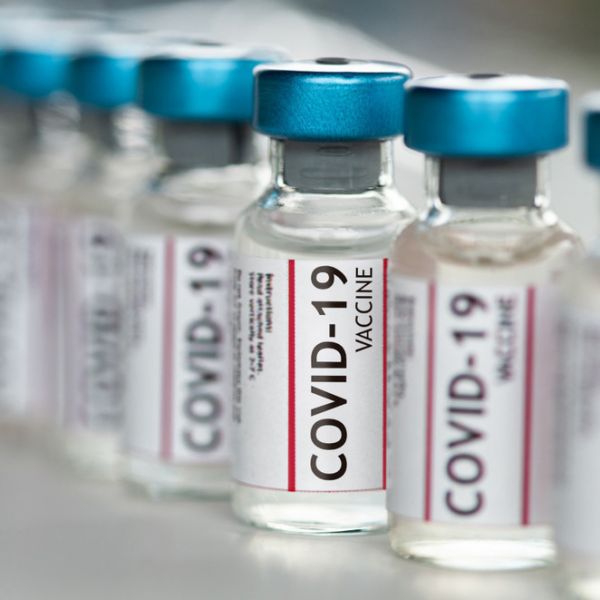
Feb 23, 2021
COVID vaccine questions to be answered on WPSU’s ‘Conversations Live’ on Feb. 25
Central Pennsylvanians can have their COVID-19 vaccine questions answered live during the next broadcast of WPSU’s “Conversations Live” at 8 p.m. on Thursday, Feb. 25.
Full Article

Feb 18, 2021
Unique study of isolated bobcat population confirms accuracy of extinction model
The reintroduction of 32 bobcats to an island off the coast of Georgia more than three decades ago created an ideal experiment to examine the accuracy of a genetic-modeling technique that predicts extinction of isolated wildlife populations.
Full Article
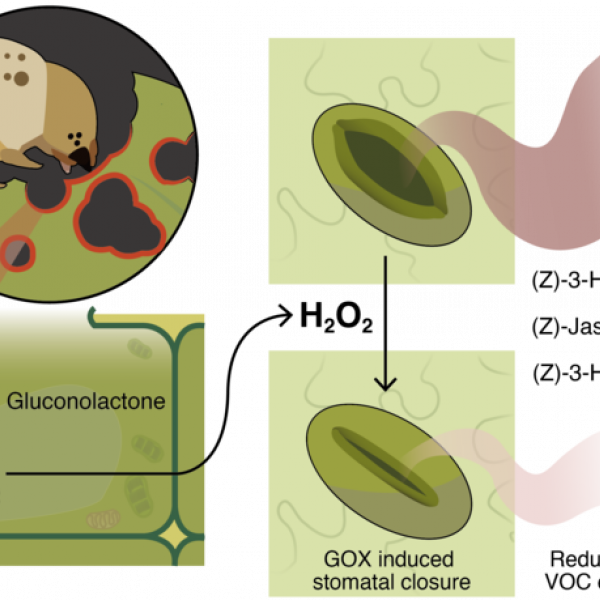
Feb 17, 2021
Silencing the alarm
An enzyme in the saliva of certain insects prevents their food plants from warning neighboring plants of an attack.
Full Article
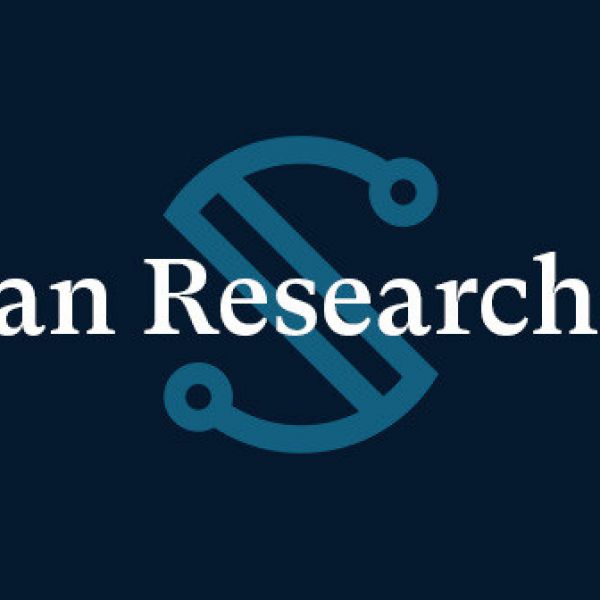
Feb 16, 2021
Three from Eberly College of Science awarded 2021 Sloan Research Fellowships
Three faculty members from the Eberly College of Science have been honored with 2021 Alfred P. Sloan Research Fellowships in recognition of their research accomplishments. The new Sloan fellows include Maria del Carmen Carmona Benitez, assistant professor of physics; Joseph Cotruvo Jr., Louis Martarano Career Development Professor of Chemistry; and Elizabeth Elacqua, assistant professor of chemistry.
Full Article

Feb 15, 2021
MCIBS Chair Melissa Rolls Wins Leadership Award
Melissa Rolls, who is also the Paul Berg Professor of Biochemistry and Molecular Biology and the Director of the Center for Cellular Dynamics, has been recognized for outstanding leadership of the Molecular, Cellular, and Integrative Biosciences graduate program.
Full Article
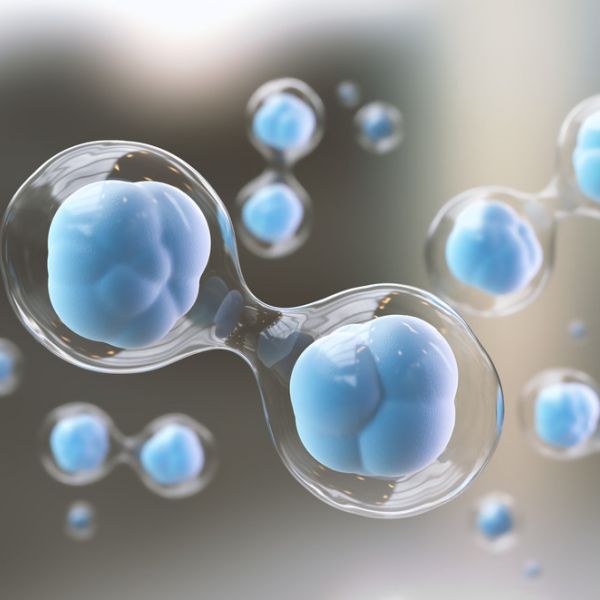
Feb 10, 2021
Researchers awarded $1.5M to create stem cell predictive model
Stem cells are the building blocks of the body, according to Penn State researchers. Though similar to one another at their origins, stem cells take on unique characteristics as they mature, becoming specialized cells throughout the body — such as bone, muscle, ligament, tissue or other organ cells.
Full Article

Feb 10, 2021
Baby food product names may not accurately reflect ingredient amounts
The descriptions on the fronts of infant and toddler food packages may not accurately reflect the actual ingredient amounts, according to new research. The team found that vegetables in the U.S. Department of Agriculture’s “dark green” category were very likely to appear in the product name, but their average order in the ingredient list was close to fourth.
Full Article
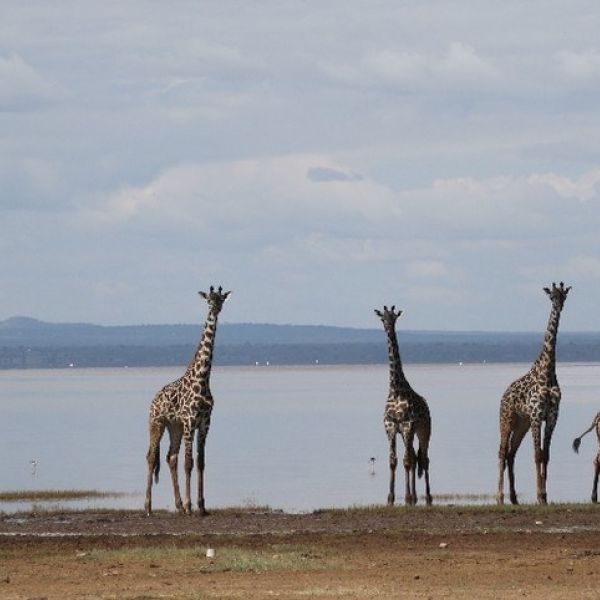
Feb 10, 2021
Friends matter: More sociable giraffes live longer
Adult female giraffes that group together with more of their peers live longer than less sociable individuals, according to a five-year study of giraffes in Tanzania.
Full Article
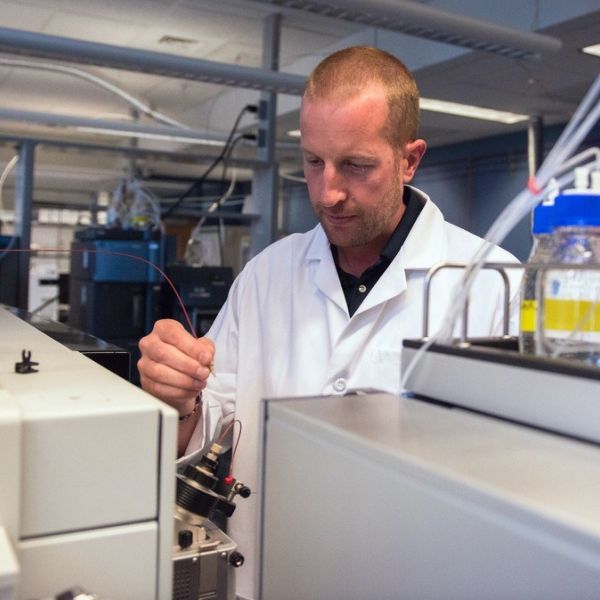
Feb 09, 2021
Andrew Patterson receives Society of Toxicology Achievement Award
The Society of Toxicology has named Tombros Early Career Professor Andrew Patterson of Penn State as the recipient of its 2021 Achievement Award, recognizing his significant contributions to the field of toxicology within 15 years of obtaining the highest earned degree.
Full Article